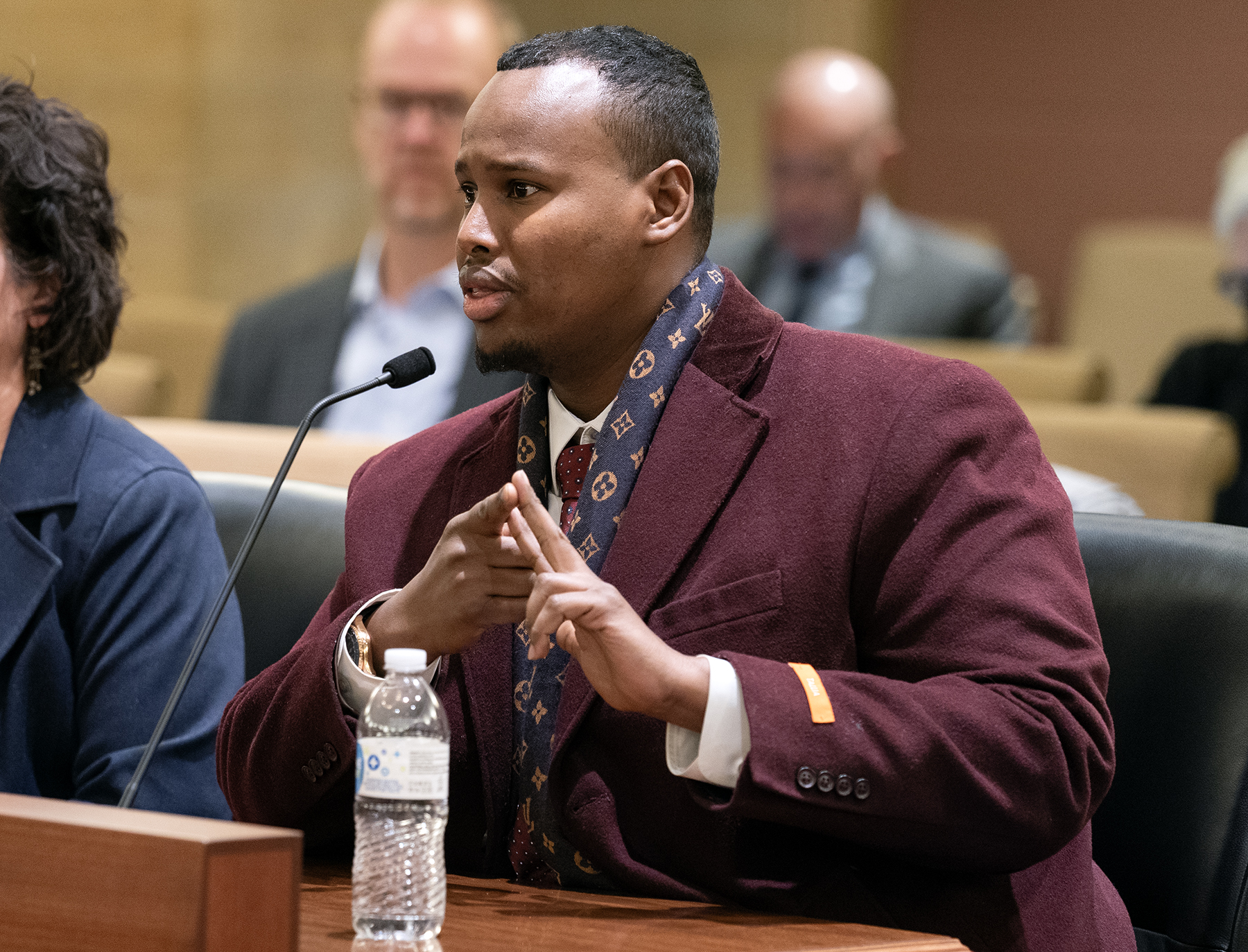
In March 2023, Abdijalil Sheik-Yusuf, founder of Success Tutoring, testified before the Minnesota Senate Taxes Committee. He argued that insufficient low-income families could utilize a state tax credit for tutoring services due to limitations in the program’s accessibility. Sheik-Yusuf contended that this wasn’t merely an achievement gap, but an opportunity gap, preventing many students from receiving necessary support due to financial constraints. He highlighted Success Tutoring’s success in assisting hundreds of students, emphasizing that expanding the tax credit’s income ceiling and increasing its amount would allow them to reach even more disadvantaged children. His testimony, delivered while wearing a plum-colored suit and Louis Vuitton scarf, resonated with both parties, leading to the bill’s inclusion in a larger tax package and its passage with minimal controversy.
However, this seemingly straightforward success masked a significant problem. Many parents were left deeply dissatisfied with the services provided by Success Tutoring and a related company, Achievers Tutoring. These parents claimed the companies outsourced instruction to online teachers in foreign countries, resulting in poor comprehension for their children, despite thousands of dollars being deducted from their tax refunds to cover the cost. These allegations emerged amidst a broader state government fraud crisis involving the misappropriation of millions of dollars.
The bill expanding the tax credit was authored by Rep. Matt Norris, DFL-Blaine. Before his election, Norris founded Minnesota Afterschool Advance (MAA), an organization that provided zero-interest loans to families for educational expenses, recouping the funds from tax refunds. His involvement contributed to a substantial increase in state spending on the credit, from $5.3 million in 2022 to $13.7 million in 2023, after the bill (HF915) expanded the credit and income threshold. Norris stated he was unaware of the parental complaints until recently.
One such parent, Lul Mohamud, learned about the supposedly free tutoring at her mosque, Dar Al-Farooq. She signed up, providing her Social Security number, and was directed to purchase laptops for her children. The tutoring sessions, conducted online, proved unsatisfactory, with instructors she believed to be from another country whose accents rendered the lessons incomprehensible to her native English-speaking children. Months later, thousands of dollars were deducted from her tax refund to pay for these inadequate services. Mohamud’s experience with Achievers Tutoring mirrored those of several other Somali mothers who shared similar stories with Success Tutoring. Both companies, linked by their shared address, nearly identical websites, and suspiciously similar testimonials, promoted their services extensively on Somali social media platforms.
Investigative reporting revealed that Achievers Tutoring employed instructors from the Philippines, some lacking Minnesota teaching licenses, who earned as little as $4.50 per hour. The companies charged parents substantial monthly fees, regardless of attendance. The mothers’ attempts to recoup their funds proved futile. Despite complaints, the companies continued their operations, with the Sheik-Yusuf brothers continuing to promote their services in Minnesota and even Ohio.
The Minnesota Department of Revenue acknowledged meeting with taxpayers regarding concerns about the tax credit, but couldn’t comment on specific cases. The Department of Education confirmed that Success Tutoring and Achievers Tutoring were no longer certified to receive payments through the tax credit, but wouldn’t confirm an investigation. While Rep. Norris and Rep. Robbins defended the credit’s value, acknowledging the need for further scrutiny, MAA’s response focused on improving systems, without a commitment to reimbursing affected families. The mothers involved continue to experience harassment and remain without recourse, highlighting a significant system failure within the state’s K-12 Education Credit program.

